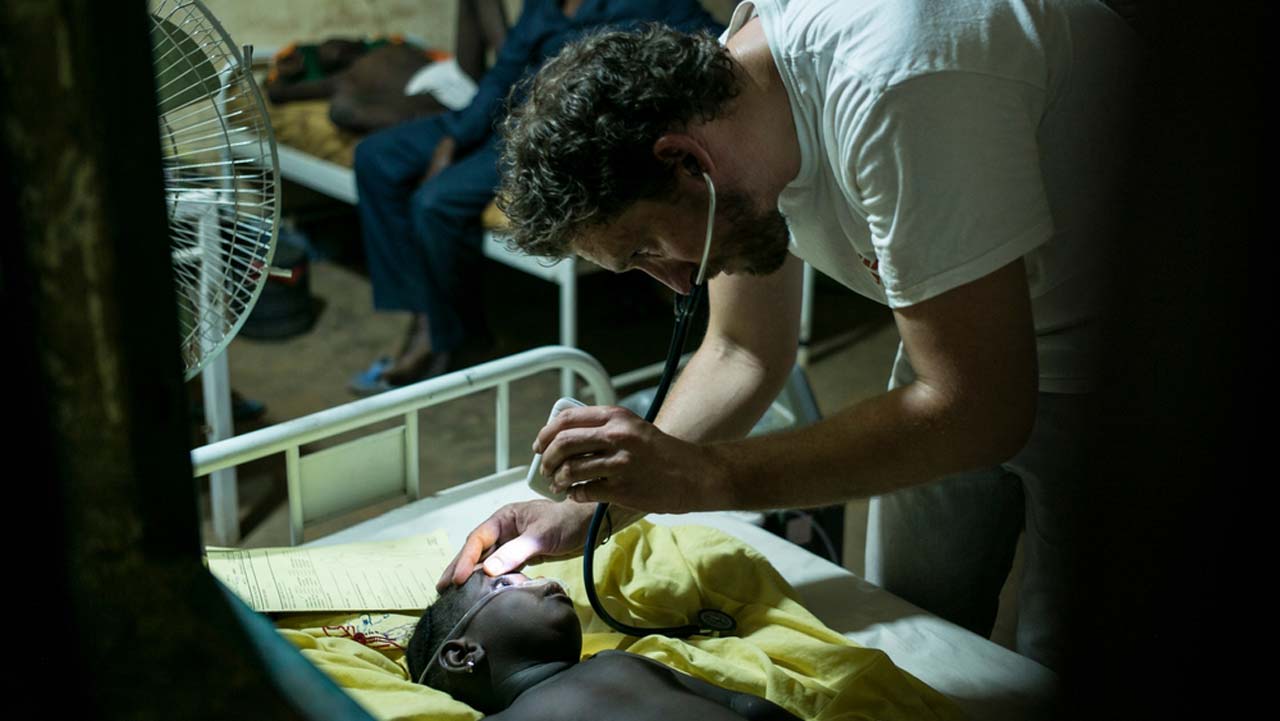
1.35m children saved by vaccines since 2000
New estimates have shown that two leading bacterial causes of pneumonia and meningitis, Haemophilus influenza type b (Hib) and pneumococcal diseases, together still kill approximately 900 children per day around the world.
The findings, published in The Lancet Global Health on June 11 (today), estimate that about half of the pneumococcal child deaths in 2015 occurred in just four countries: India, Nigeria, Democratic Republic of the Congo and Pakistan.
However, the new estimates from a team led by scientists at Johns Hopkins Bloomberg School of Public Health, United States (U.S.), approximate that 1.35 million children’s lives have been saved by Hib and pneumococcal vaccines since 2000.
The researchers also noted that child mortality fromStreptococcus pneumonia and Hib in high-burden countries have fallen by 51 per cent and 90 per cent, respectively, during 2000 to 2015.
They noted that childhood deaths from pneumococcus and Hib declined sharply during the period 2000 to 2015, especially as vaccines against these pathogens were introduced in high-burden countries.
The study titled “Burden of Streptococcus pneumonia and Haemophilus influenza type b disease in children in the era of conjugate vaccines: global, regional, and national estimates for 2000–15”, highlighted the success of the global fight against these illnesses, and also provide a clear picture of the remaining disease burden, now largely concentrated in South Asia and Africa.
In Nigeria, the Federal Government through the National Primary Health Care Development Agency (NPHCDA) introduced the Pneumococcal Conjugate Vaccine (PCV) and Pentavalent1 into the routine immunisation schedule since 2014.
PCV protects against pneumococcal disease, an infection caused by the bacteria Streptococcus pneumonia, which can lead to pneumonia, meningitis.
Pentavalent vaccine is a combination of five vaccines-in-one that prevents diphtheria, tetanus, whooping cough, hepatitis B and Hib, all through a single dose.
According to the researchers led by Brian Wahl, Hib and Streptococcus pneumonia (pneumococcus) are bacteria that can cause meningitis, pneumonia, sepsis and other serious complications, especially in children. They have been major causes of child mortality in developing countries.



